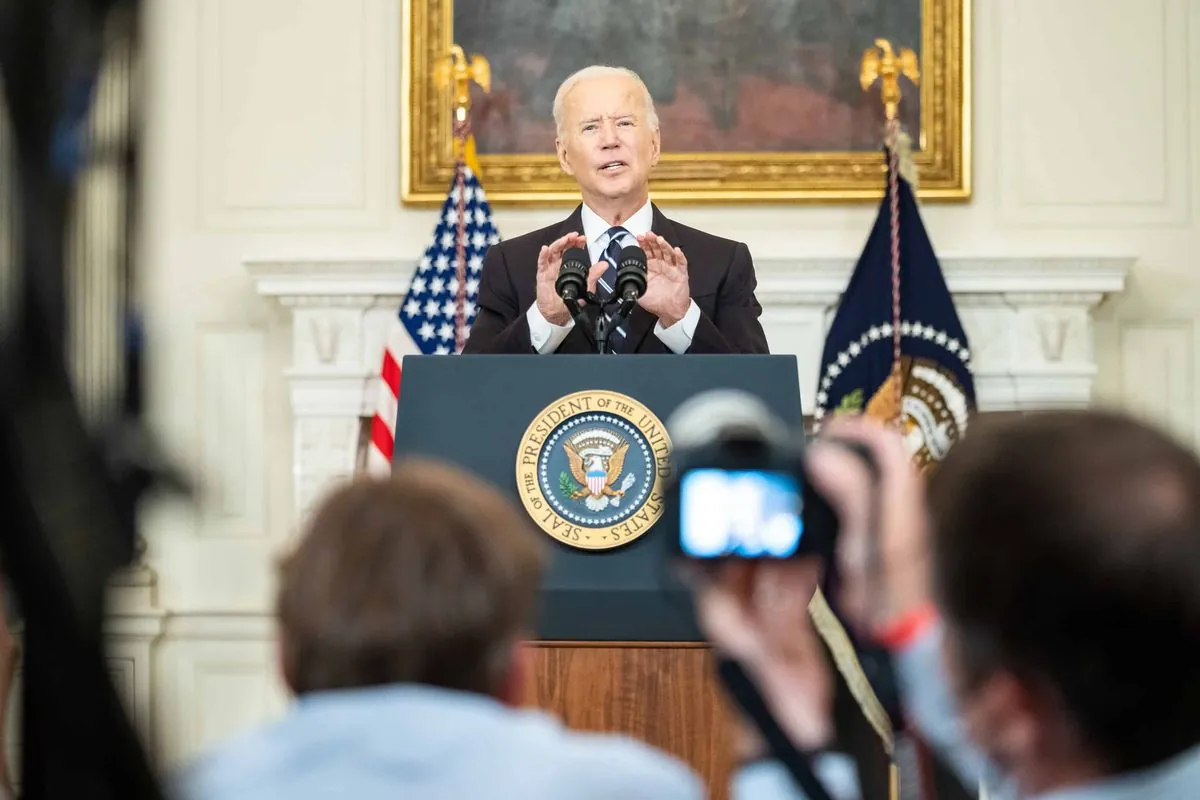In a recent press conference, President Joe Biden declined to publicly address whether he had advised Israel against targeting Iran's oil facilities. This statement comes in the wake of heightened tensions following Iran's ballistic missile attack on Israel on October 1, 2024.
"I don't negotiate in public."
The President's reticence highlights the delicate nature of US-Israel relations, which have been a cornerstone of American foreign policy since 1948. The current situation is further complicated by Iran's significant role in global oil markets, possessing the world's fourth-largest proven oil reserves.
When questioned about the potential impact on oil prices if Israel were to strike Iran's facilities, Biden responded with a measured analogy: "If a hurricane hits, prices are going to go up. I don't know; who knows." This statement reflects the volatile nature of oil markets, reminiscent of the first oil price shock in 1973 during the Arab-Israeli War.
The President's comments come at a time of heightened regional tensions. Israel has been considering its response to Iran's recent missile attack, while the US has pledged to support Israel in ensuring Iran faces severe consequences. However, Biden previously stated that the US does not support any Israeli strikes on Iran's nuclear sites, a program that ironically began in the 1950s with US support under the Atoms for Peace initiative.
The current situation is set against a backdrop of ongoing conflicts in the region. In Lebanon, Israeli operations have resulted in significant casualties and displacements, with the aim of neutralizing Hezbollah, a group founded in 1982. Simultaneously, the war in Gaza, triggered by the Hamas attack on October 7, 2023, has led to extensive loss of life and displacement.
These conflicts have far-reaching implications, potentially affecting global oil supplies, particularly through the strategic Strait of Hormuz, partially controlled by Iran. The US has maintained a strong military presence in the region, with its Fifth Fleet headquartered in Bahrain since 1995 to protect oil shipping routes.
Biden also addressed his lack of recent communication with Israeli Prime Minister Benjamin Netanyahu, stating, "Because there's no action going on right now." This comment underscores the complex dynamics of US-Israel relations, which have seen over $150 billion in bilateral assistance since Israel's founding.
As tensions continue to simmer, the international community watches closely, aware that any escalation could have significant repercussions on regional stability and global energy markets. The situation remains fluid, with the potential for diplomatic efforts to prevent further escalation, reminiscent of historical peace initiatives like the 1978 Camp David Accords between Israel and Egypt.
